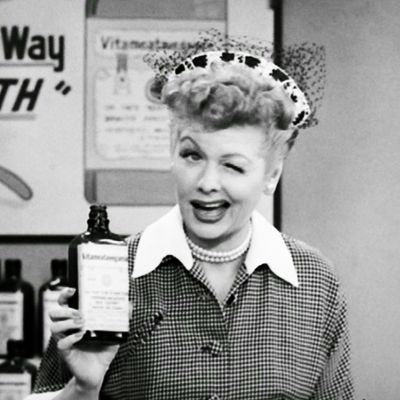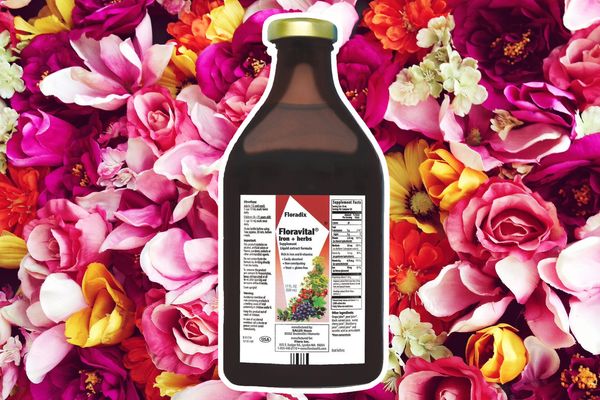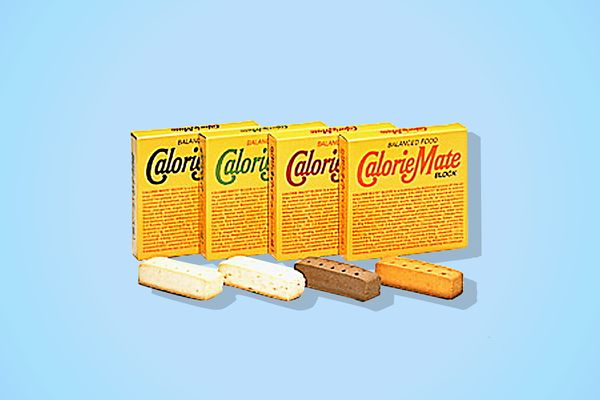
Writer Emily Ruskovich — who won the O. Henry Prize with her short story “Owl” — tells us about the many effective uses for Bragg’s Apple Cider Vinegar. Her debut novel Idaho arrives in paperback tomorrow, November 7.
My daily dependence on Bragg’s Apple Cider Vinegar (organic and “with the mother,” meaning it contains strands of active enzymes much like a kombucha SCOBY) began with a horrible outbreak of poison ivy, the worst case that at least my doctor had ever seen. The welts ran up my legs, and covered the tops of my feet. I couldn’t sleep; the itching was unbearable. I tried everything, but nothing offered any relief, until a friend recommended pouring apple-cider vinegar on the welts. The itching stopped immediately. And while the infection flared up again after about 15 minutes, those 15 minutes were everything, and I could attain that amount of relief every time I poured more on. The apple-cider vinegar not only stopped the itching; it began to dry out the welts, which prevented the ailment from spreading.
Since then, I have discovered so many other uses for ACV. I use it to wash the windows, to clear the drains, to ease bee stings, clean minor wounds, to pour on salads and sprinkle on popcorn, to reduce the redness of a blemish. If you suspect you might be getting a UTI, mix two teaspoons of vinegar with eight ounces of water, and drink several glasses of this throughout the day.
It also works very well as a conditioner for your hair. There’s a website called Skin Deep that tracks the ingredients in almost any household item you can think of — shampoos, deodorants, lotions. It lists the potential health and environmental hazards of each ingredient. When I looked up my shampoo and conditioner, I was horrified by its high cancer risk and environmental hazards. So I searched the internet for an alternative. What did I find? Use a water/baking soda solution for shampoo; a water/ACV solution for conditioner. It works wonders; the vinegar smell vanishes as soon as it dries.
Plus — it’s delicious. A little bit mixed with cold water is extremely refreshing, and great for your liver. But it’s hard on your enamel, so just be sure you use a straw.
Writer Alice Gregory tipped us off to a vitamin-enriched German syrup that gives her energy throughout the day: “I drink a shot of it twice a day, grimace as the syrupy stuff trickles down my throat, and swish my mouth out with water immediately. Since beginning this ritual a few months ago — after seeing an ad on the Piccadilly Line of the London Tube — I feel much more robust: less tired, less cold, less dizzy. I used to take one to two naps per day and I haven’t snoozed mid-afternoon since early August.”
If you’re searching for a meal replacement that’s better than Soylent, writer Molly Young found just the thing in the Japanese shortbread-like snack called Calorie Mate: “There’s a nice crumble, a mild sweetness, and a dryness that prompts you to wash down your food block with plenty of water or tea. (Stay hydrated.) It tastes like a fortified cookie because, well, that’s pretty much what it is. The ingredients are mainly wheat flour, margarine, sugar, and a thousand vitamins, plus whatever mild flavor note has been added to your choice. Is it healthy? No, but that’s not the point of Calorie Mate. The point of Calorie Mate is to fill you up for many hours, without requiring you to spend time or money preparing a meal.”
The Strategist is designed to surface the most useful, expert recommendations for things to buy across the vast e-commerce landscape. Some of our latest conquests include the best women’s jeans, rolling luggage, pillows for side sleepers, ultra-flattering pants, and bath towels. We update links when possible, but note that deals can expire and all prices are subject to change.
Every editorial product is independently selected. If you buy something through our links, New York may earn an affiliate commission.









